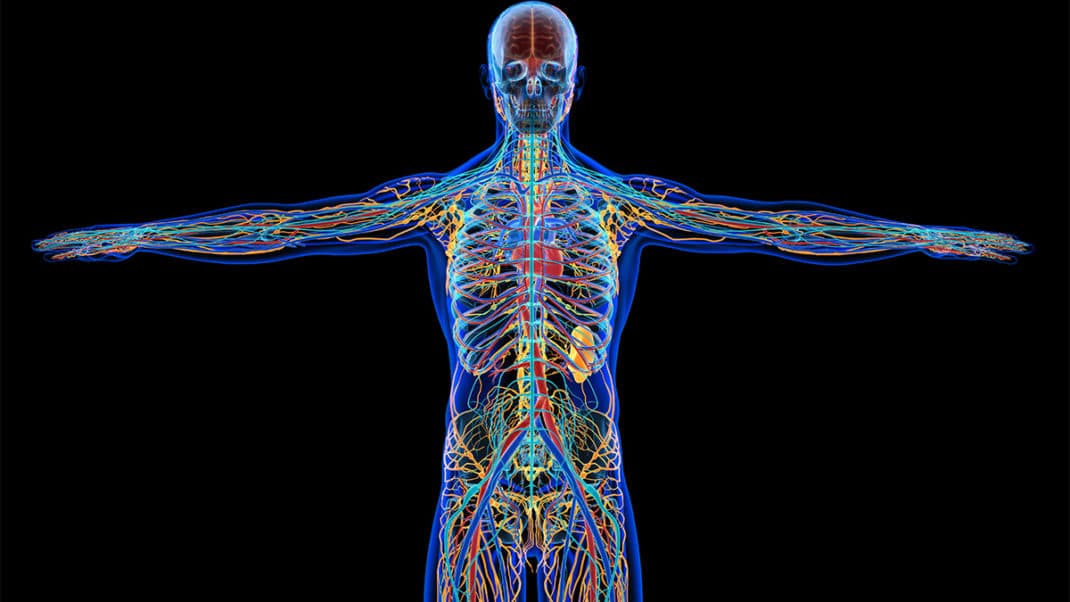Dieting & Eating Disorders in Teens
People who constantly diet tend to have lower body satisfaction than those who are content with their weight. Now a new study shows that dieting itself may be a precursor to eating disorders in adolescents who are already emotionally vulnerable to poor body image.
A study published in the April issue of the Journal of the American Dietetic Association found that dieting and other unhealthful weight control methods are predictors of and may be associated with weight gain, overweight and eating disorders in teens, especially females.
The ADA estimates that between 0.5% and 1% of all female adolescents between the ages of 12 and 18 have anorexia nervosa, while 1%–5% have bulimia nervosa. Even more alarming is the ADA’s estimate that up to 30%
of adolescent girls engage in some kind of unhealthful dieting behavior. The researchers cited an earlier study that found that eating disorders were 18 times more likely to develop in adolescent girls who dieted at a severe level than in those who did not diet at all.
Dieting during this important part of adolescence is particularly harmful when you consider how the lack of essential nutrients can affect health and growth. One way to help
this population avoid dieting is through education, says the ADA.
“Dietetics professionals and healthcare providers need to be aware of the consequences of this early dieting and help youth and their families to understand that dieting can lead to an increased risk for weight gain and disordered eating,” the researchers concluded.





